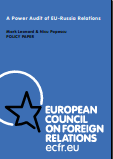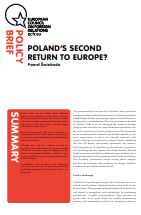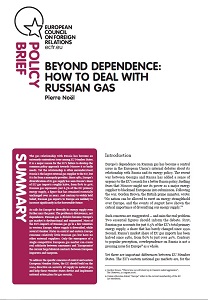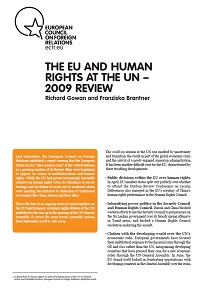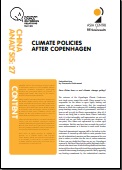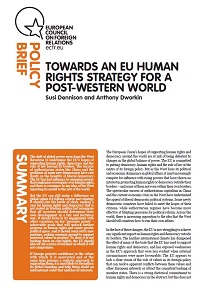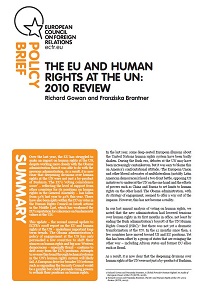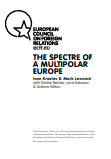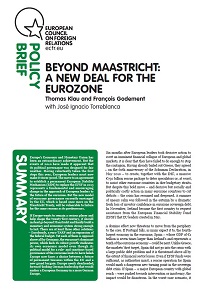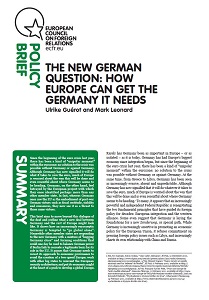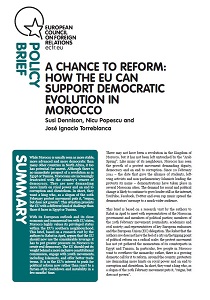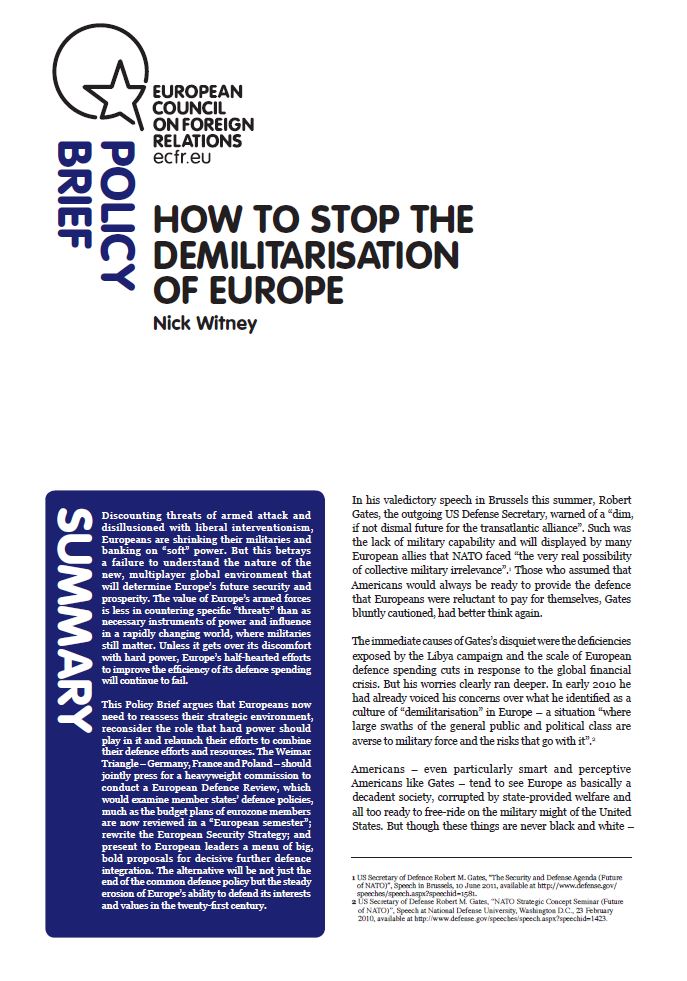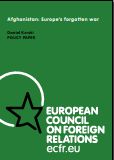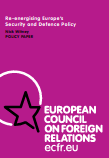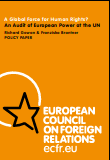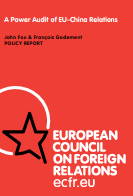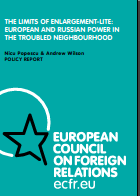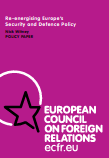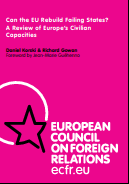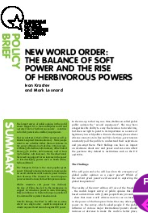
NEW WORLD ORDER: THE BALANCE OF SOFT POWER AND THE RISE OF HERBIVOROUS POWERS
NEW WORLD ORDER: THE BALANCE OF SOFT POWER AND THE RISE OF HERBIVOROUS POWERS
Keywords: EU Soft Power;
The largest survey of public opinion in the world shows support for a more multipolar world and a greater role for ‘herbivorous powers’ – countries not widely perceived as military superpowers. // There is mistrust of the Cold War powers as well as Islamist-inspired Iranian autocracy. More people want to see a decline rather than an increase in the power of Russia (29% decline, 23% increase), of China (32% decline, 24% increase), of the United States (37% decline, 26% increase), and of Iran (39% decline, 14% increase). On the other hand, there is strong support for an increase in the power of fast-developing powers such as South Africa, India and Brazil. The European Union is the most popular great power. Uniquely among great powers, more people across all continents want to see its power increase than decrease. This demand for more European power extends to many former European colonies. // Whilst American soft power has declined, the rise of China has led to the resurgence in support for American power in Asia. Increasing Russian influence in Eastern Europe is paralleled by a demand for a greater American role. Outside Europe, ‘the West’ is still seen to some extent as a single actor: countries suspicious of American power tend also to be against EU power.
More...
